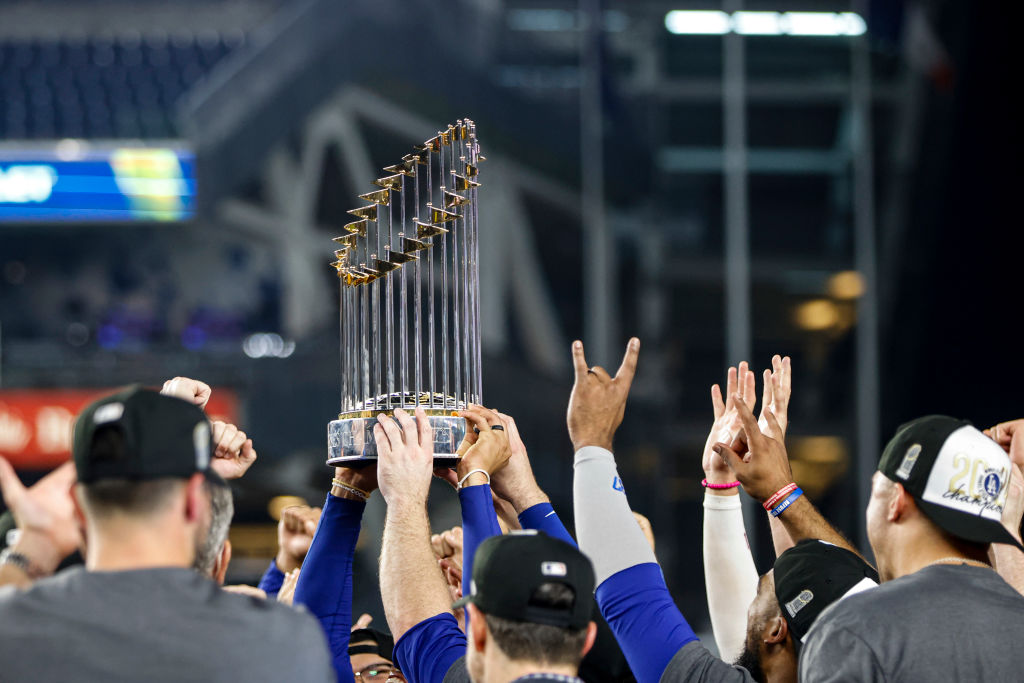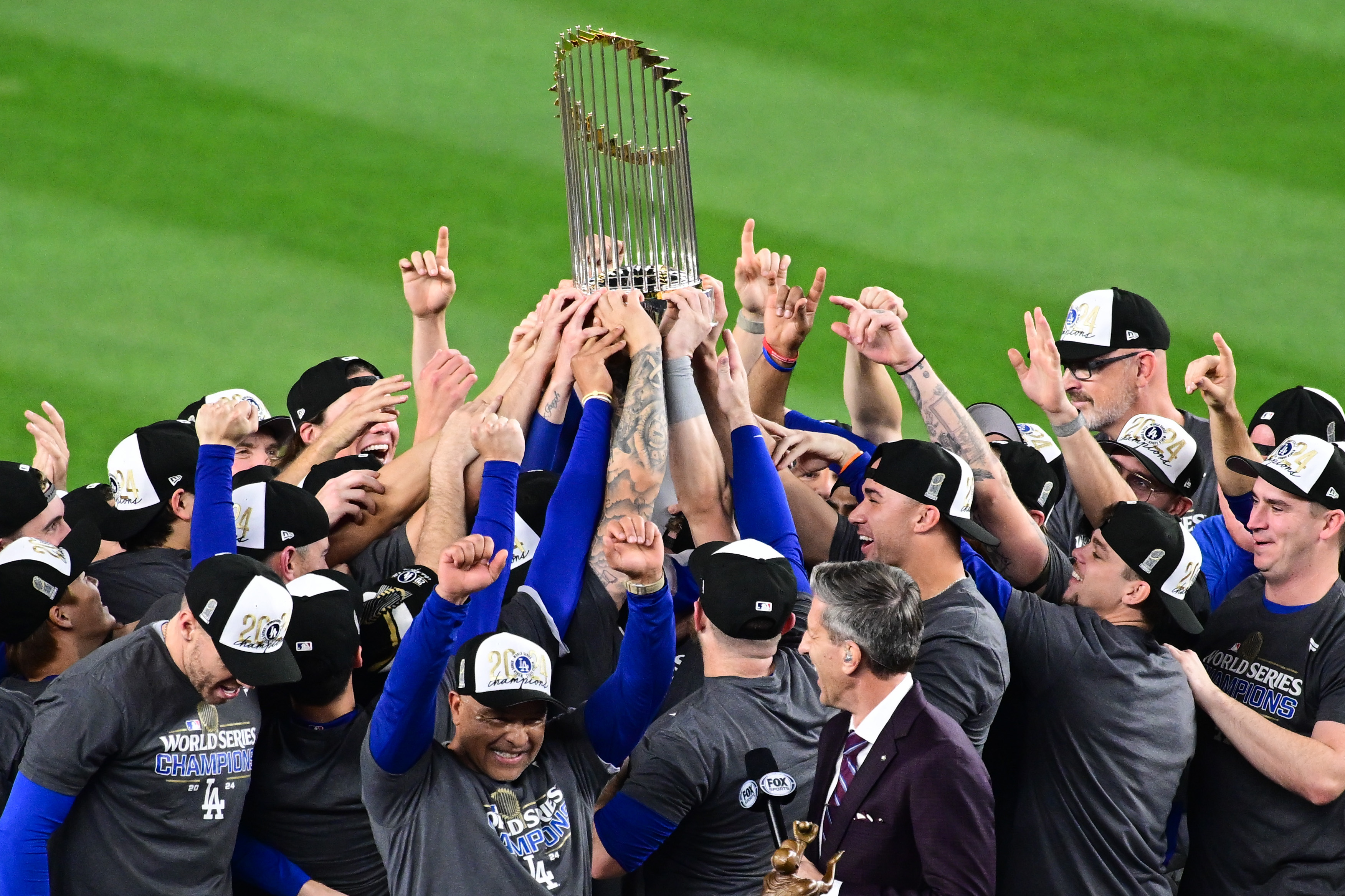The LAPD said a spike in street violence that was elevated by a gang feud in South Los Angeles in late September has continued to simmer into October, with scores of shooting reports and at least a dozen murders in the last week.
"As of this morning, here today in the city, we've had 261 homicides," LAPD Capt. Ahmad Zarekani said Wednesday. "That is a 25% increase from last year at this point."
LAPD crime data reviewed by the I-Team showed the number of shootings in which victims survived had also increased by nearly 21%, or an average of about 3.3 each day compared with 2.7 per day at this time last year.
Between Oct. 5 and 12, 2020 the data showed at least 96 crime reports of shootings, though not all of those resulted in injuries. Much of the violence has taken place in South Los Angeles, where what police called a historic feud between two rival gangs touched off a series of attacks and retaliations last month.
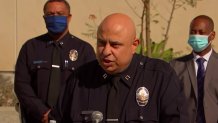
Some 100 murders in 2020 have taken place in South LA, Capt. Zarekani said.
"Our homicide detectives are working diligently to solve these cases and bring a sense of justice to the families of the victims," he said while announcing the arrest and prosecution of four men in connection with a robbery and murder.
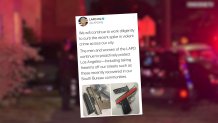
The four are suspected of killing a man named Austin Belisle on July 31 near the intersection of 52nd and Ruthelen streets. Homicide detective Nellie Knight said the men would face murder and theft charges with potential sentencing enhancements because the men were allegedly members of a street gang.
"Mr. Belisle was shot and killed during a robbery of his jewelry," Knight said at a news conference at the LAPD's 77th Street Station.
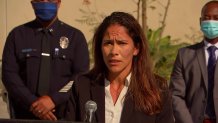
"Through video surveillance and other investigative measures, we were able to identify four suspects who we believed were responsible for the murder," she said.
News
Top news of the day
Several LAPD officials have said efforts to prevent street violence have been hampered by an unusual set of circumstances.
Gang intervention workers, who often visit shooting victims and their friends and families in emergency rooms, have been unable to go inside hospitals because of Coronavirus restrictions. Those meetings in the minutes after a shooting are often key in stopping a retaliatory attack, LAPD officers said last week.
The Department has also limited the use of its Metropolitan Division officers, who would often be assigned to street patrols in areas of the city experiencing increased violence. Metro officers working crime suppression details would try to stop and question as many motorists and pedestrians as possible, often looking for probable cause to detain people in order to search for illegal guns.
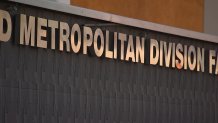
LAPD Assistant Chief Robert Arcos told the Police Commission last week those assignments have been stopped because of community complaints that Metro officers appeared to be overly aggressive, along with the revelation earlier this year that more than a dozen Metro officers were suspected of filing falsified interview reports that labeled some innocent people as gang members in police databases. Six Metro officers now face criminal charges and another 13 remain under investigation.
On Wednesday the homicide detectives said Metropolitan Division officers had played key roles in solving the Belisle murder case and were an important tool in their efforts to find the people responsible for other violent crime.
Metro Division Capt. Leland Sands said officers under his command were being given more specific assignments and had been reorganized into "Shooting Response Teams" in order to assist detectives overwhelmed by the volume of violence.
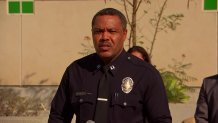
"Their role is to work with division detectives and homicide investigators on locating identifying individuals responsible for the shooting violence," Sands said. "Some of those roles will be following up on leads interviewing and talking to witnesses and suspects, gathering intelligence reviewing video, and also responding to crime scenes if need be."
Sands said the LAPD alone cannot be successful in solving these cases and stopping future violence.
"LAPD is one part of the puzzle, the other part is the community - asking for their help, giving us information," he said. "All we want is your information, not particularly your name, so it is our hope that we'll see a decrease in the shooting violence that's occurring in the city."

